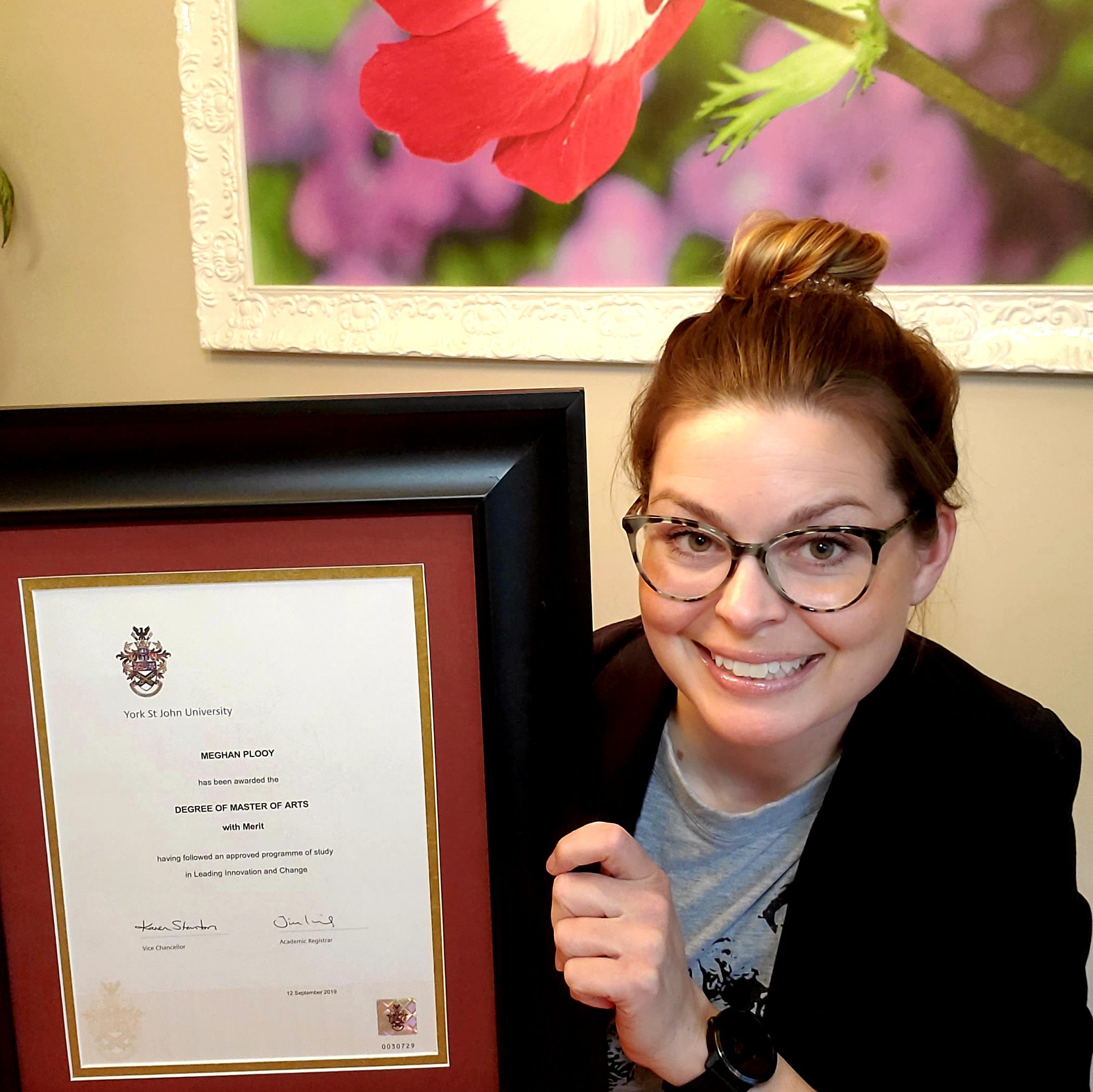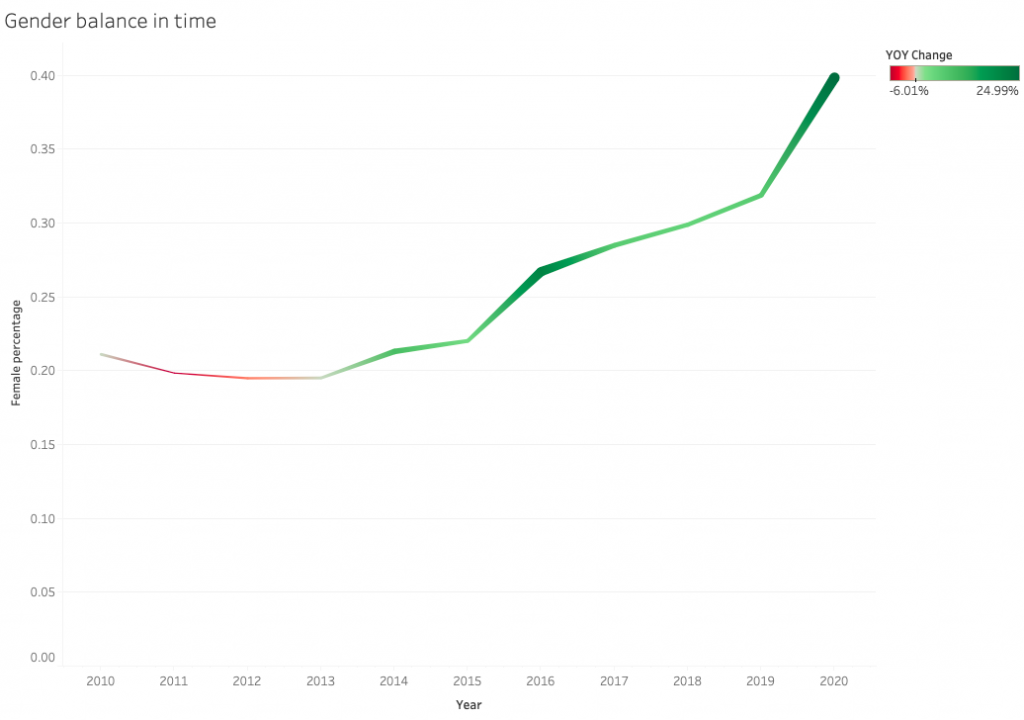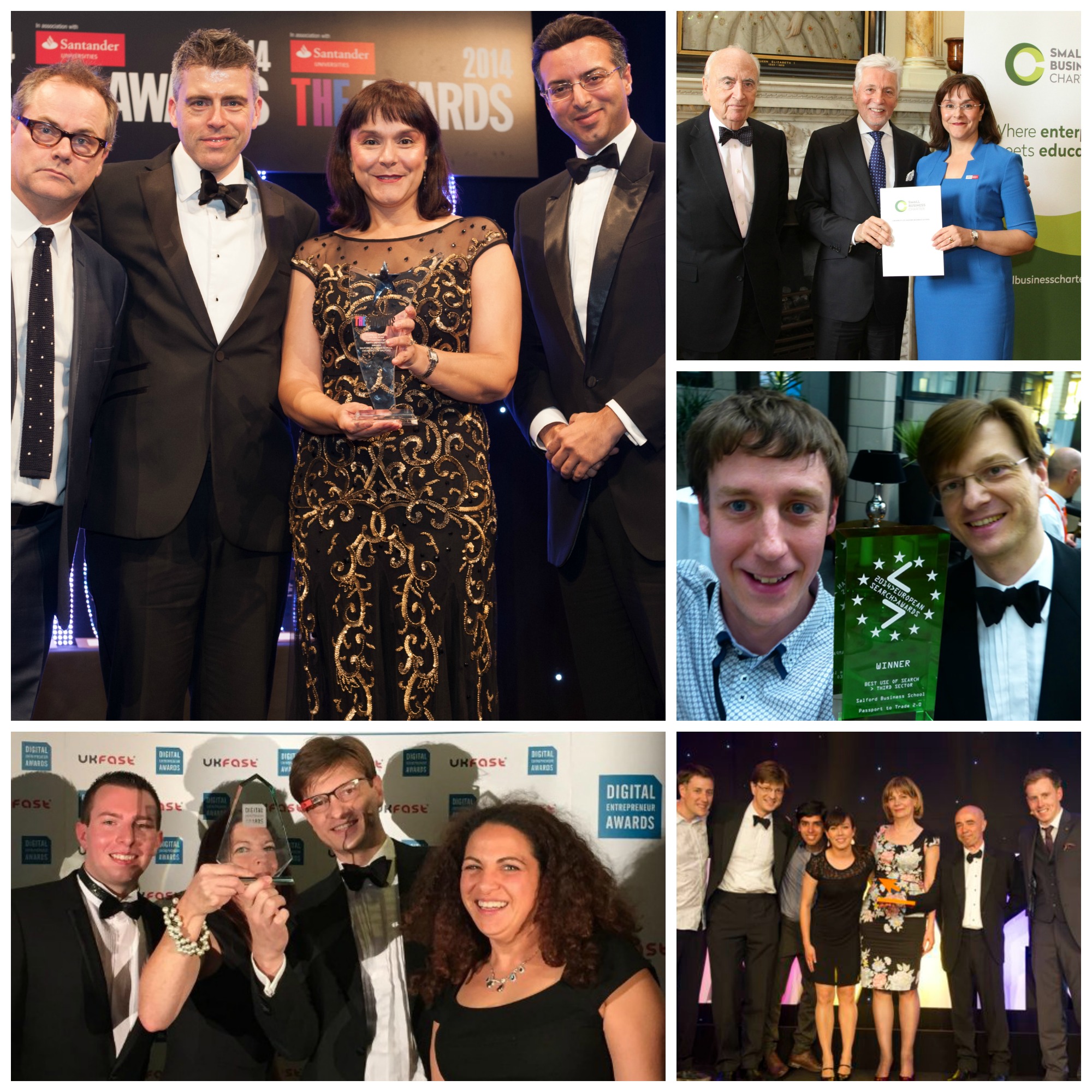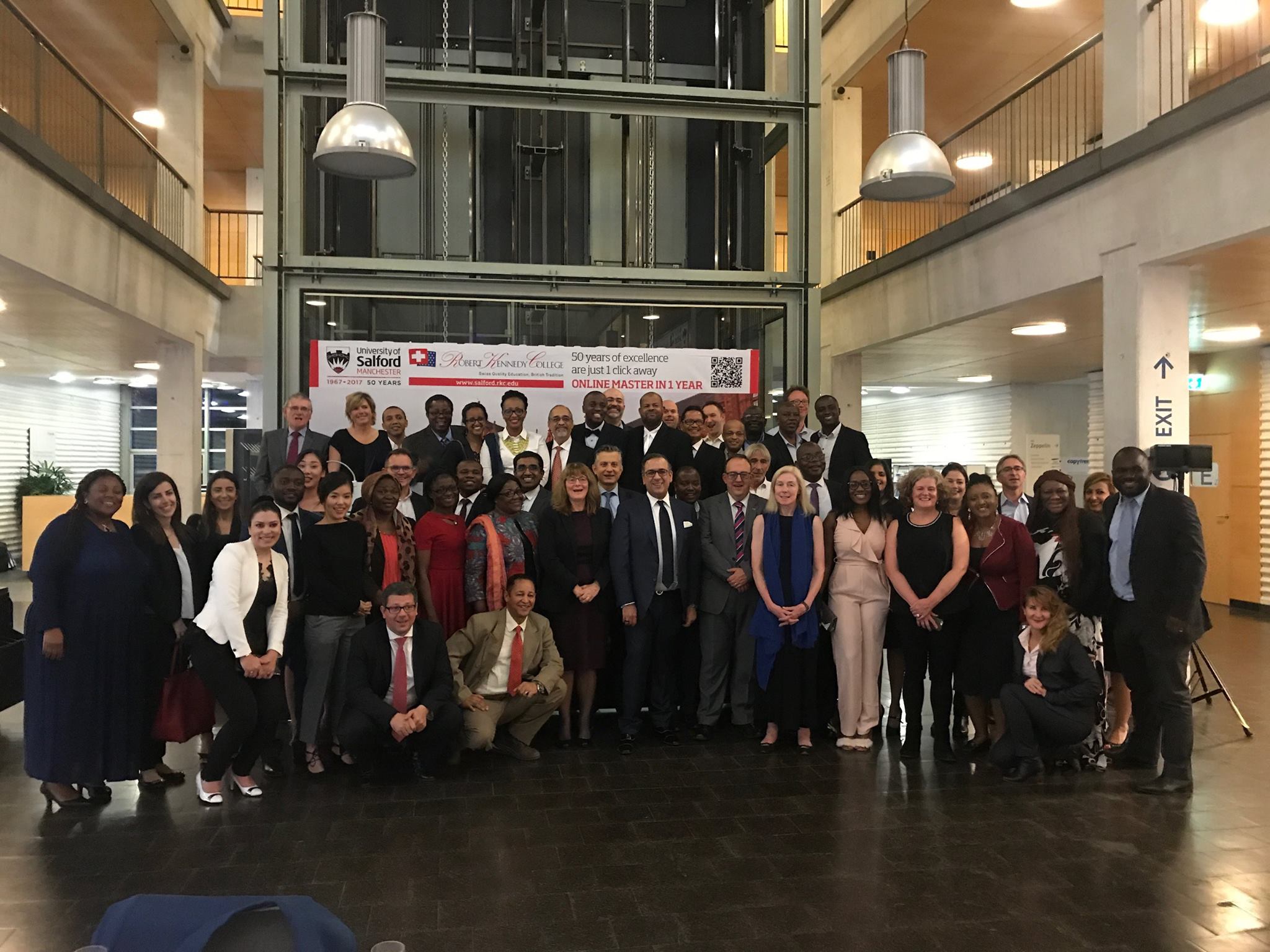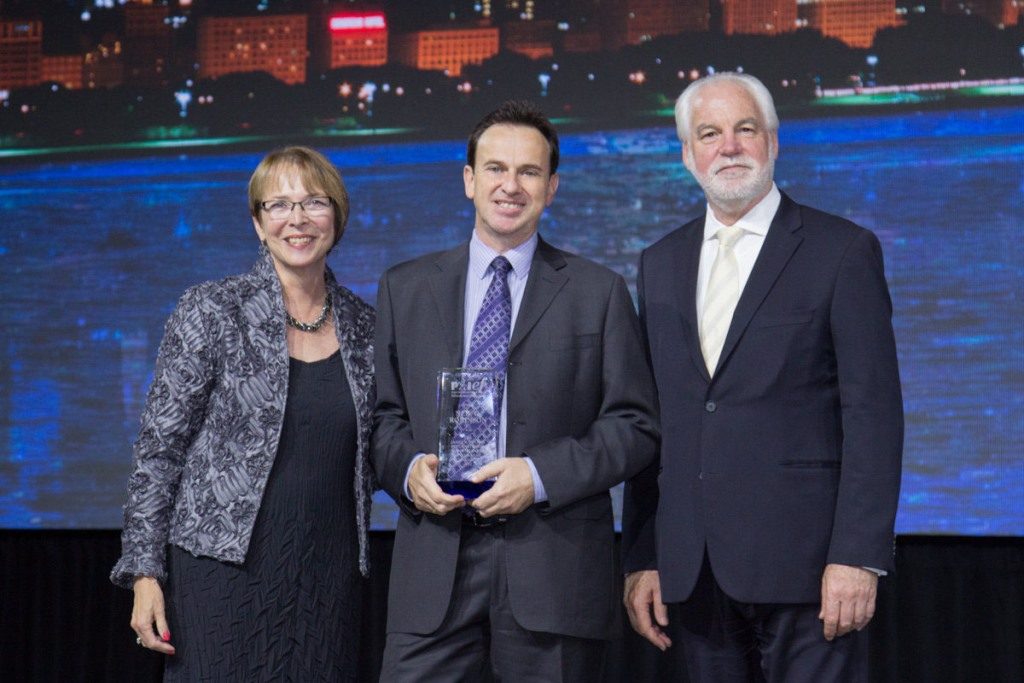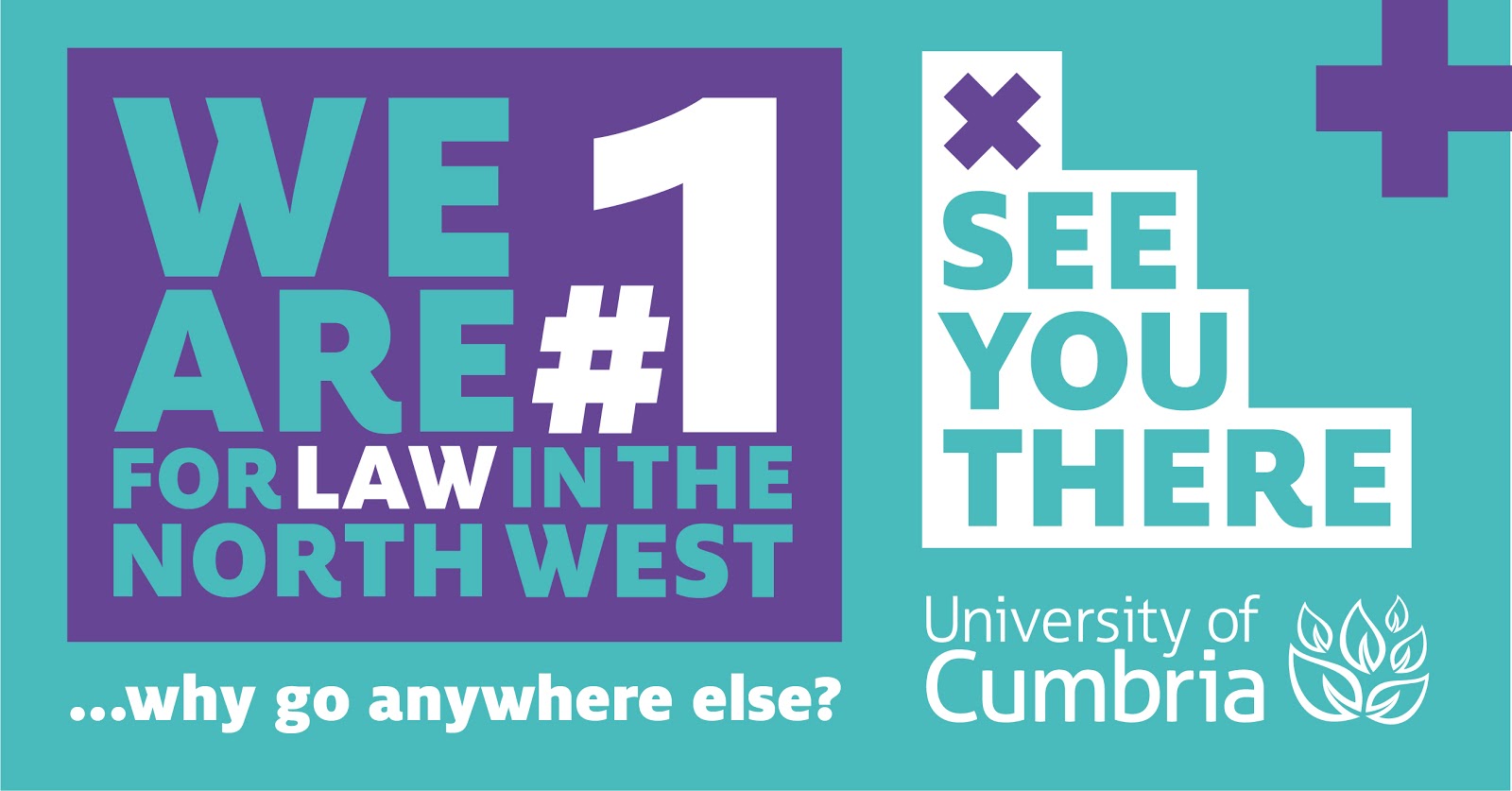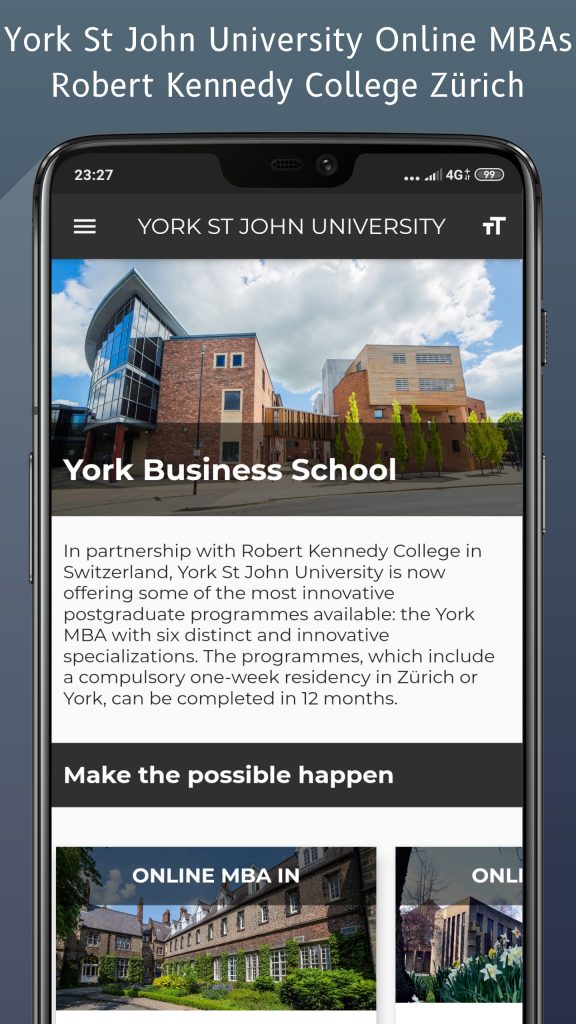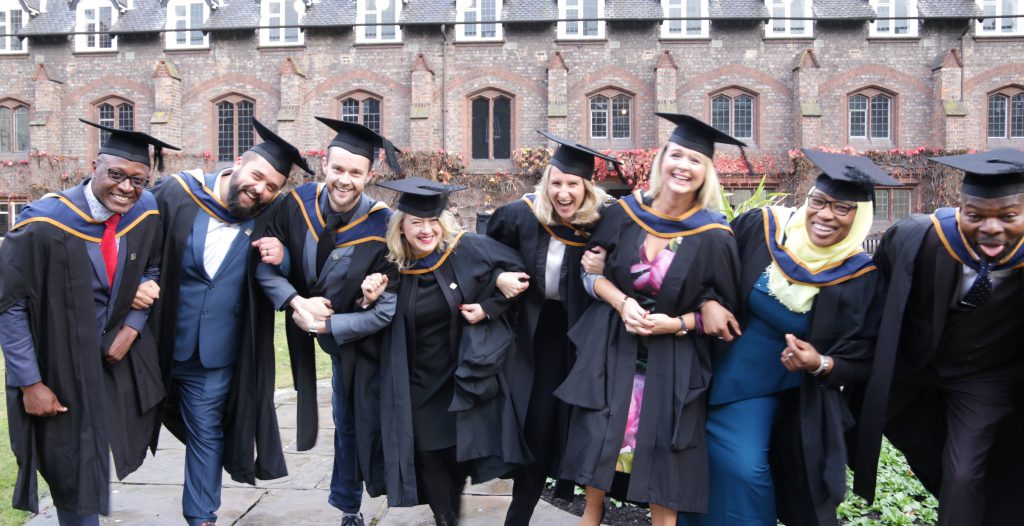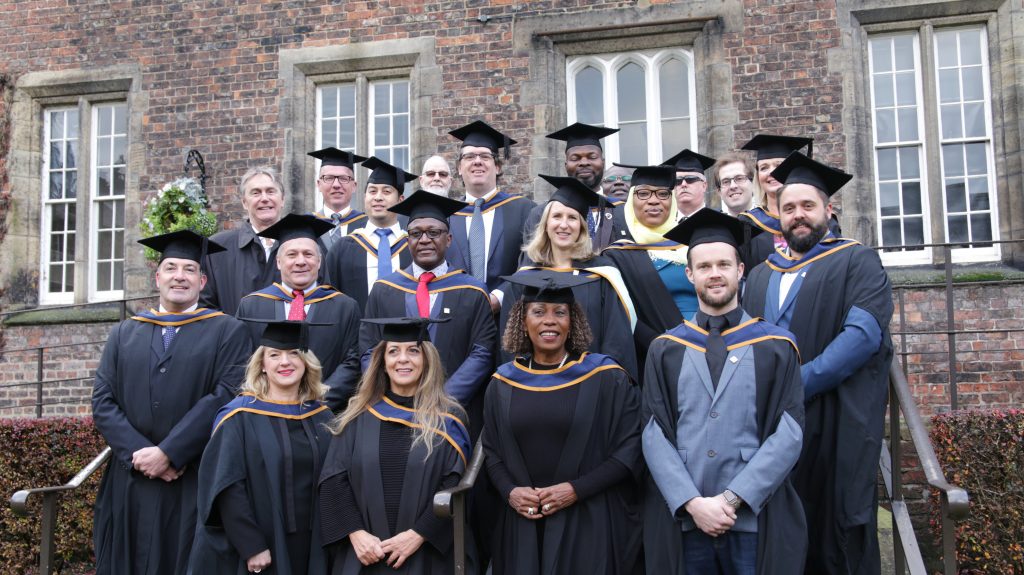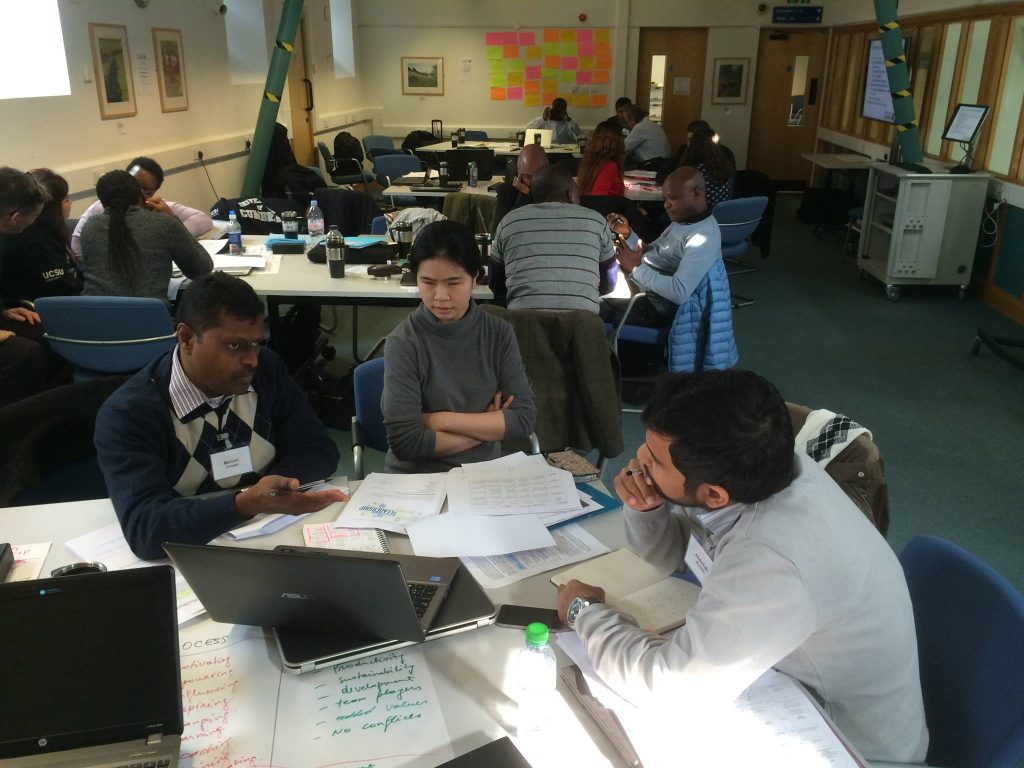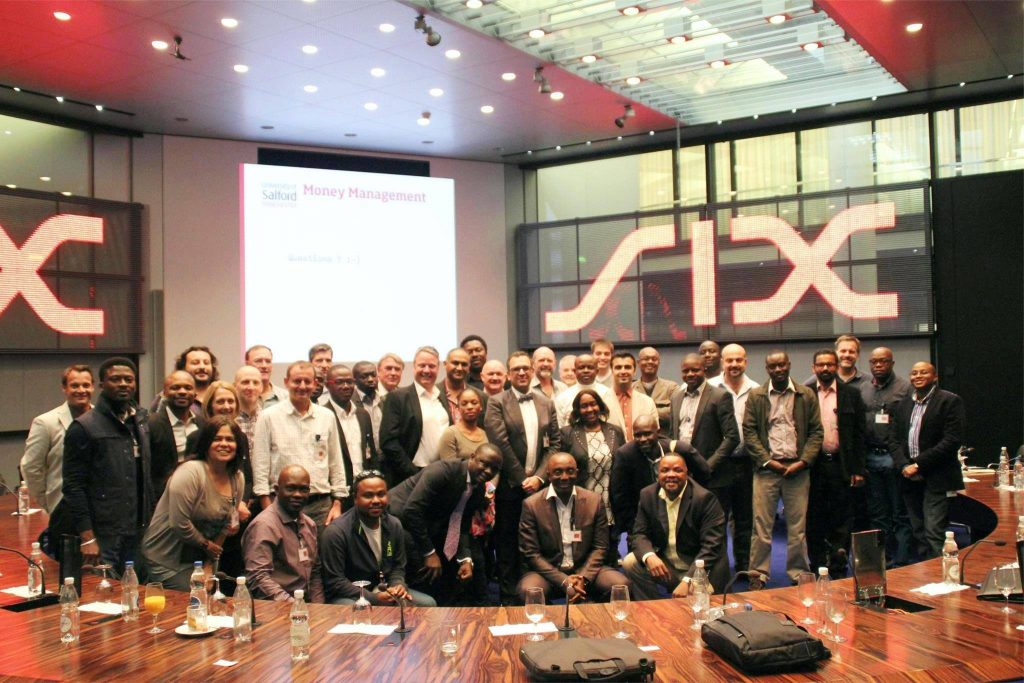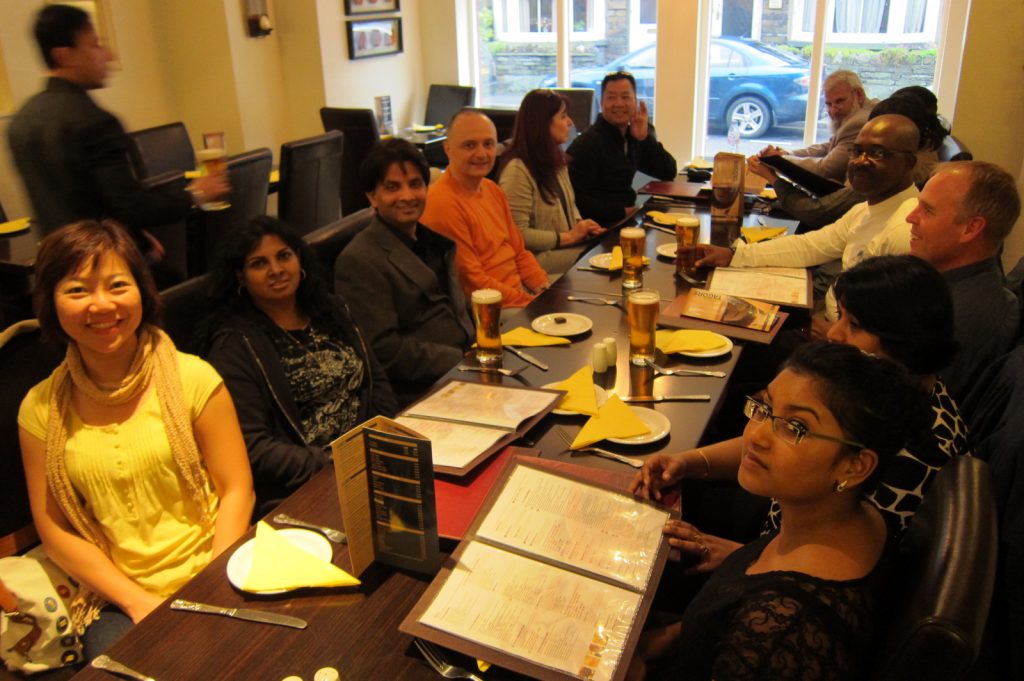Technology has always been the change catalyst for how we do business and with the rapid changes in communication technology, these changes are now taking place in real-time.

One of the key reasons for the long-term success of big multinational organisations is their ability to obtain business intelligence (BI) from their customers. Most organisations still collect feedback from their customers after a sale or service provided using a standard feedback form that asks typical questions. The information obtained through this method provides valuable information about the customers and their experience, but still the information is very limited, slow to get and process, and depends a lot on the customers’ willingness to give feedback.
Organisations that invest in artificial intelligence (Al) and machine learning (ML) derive a lot of other benefits that can impact and provide business intelligence to multiple departments within the organisation. Furthermore, with the advancement in cloud storage and computing, data and business intelligence can be derived almost in real time.
The following are some of the benefits of AI and ML especially in the era of cloud computing:
- Enhanced Customer Experience: Real time intelligence on consumer buying behaviour provides companies with data on a number of key parameters from the spending capabilities of their customers, products that are trending, products that are reaching the end of their lifecycle, seasonal information, etc. Analysis of these data can provide the organisation with insights on the best ways to reach its customers through marketing activities, product pricing, product placement, etc.
- Operational Automation: Operations are the backbone of an organisation. Without goods and services being produced or delivered, there is no purpose to the existence of an organisation. This is traditionally where the majority of the workforce is centred around, where the most wastage of resources takes place and is also the highest budgeted department of the organisation. Through the incorporation of AI and ML, the entire department can be streamlined to operate with best efficiency and in a cost and human resource effective manner.
- Data Mining: Most organisations produce a mountain load of data every single day and it is not possible to manually go through all the data and extract some kind of BI from it. AI and ML will be able to quickly surface important and relevant patterns and insights during the processing of big data.
- Supply Chain Management (SCM) Automation: Like operation automation, the BI derived through AI and ML can help streamline and increase the efficiency of the entire supply chain management process. It will also help in the automation of the entire SCM process.
- Recruitment: Most big organisations receive thousands of job applications every month for a handful of job opportunities, making it almost impossible to go through all the applications to find the right person for the job. AI and ML can help (and indeed do already) in analysing the job requirements and the applicants’ data to find the right person for the job.
- Trend Analysis: This key BI is applicable across all the departments of the organisation and is available through the analysis of all the data each department generates. By effectively predicting the trend, it will increase the efficiency and reduce the operational cost for an organisation as a whole, and at the same time increase its sales and overall profit.
The above are just some of the more obvious benefits of an AI and ML system. Every day, new BI programmes are being developed. These programmes best utilise the AI and ML systems’ data to provide organisations with unique and valuable data to base future business decisions on.
If you are looking to formalise your AI and ML knowledge, or looking for a jumpstart into a career in Artificial Intelligence, Robert Kennedy College offers a 100% Online MBA Artificial Intelligence through an exclusive partnership with the University of Cumbria, UK. Click here to apply for the programme.
You can also chat LIVE on WhatsApp with one of our Education Advisors for more information on the programmes offered, application process, and for more information on any discounts we might be running in this rather strange period of our lives.





